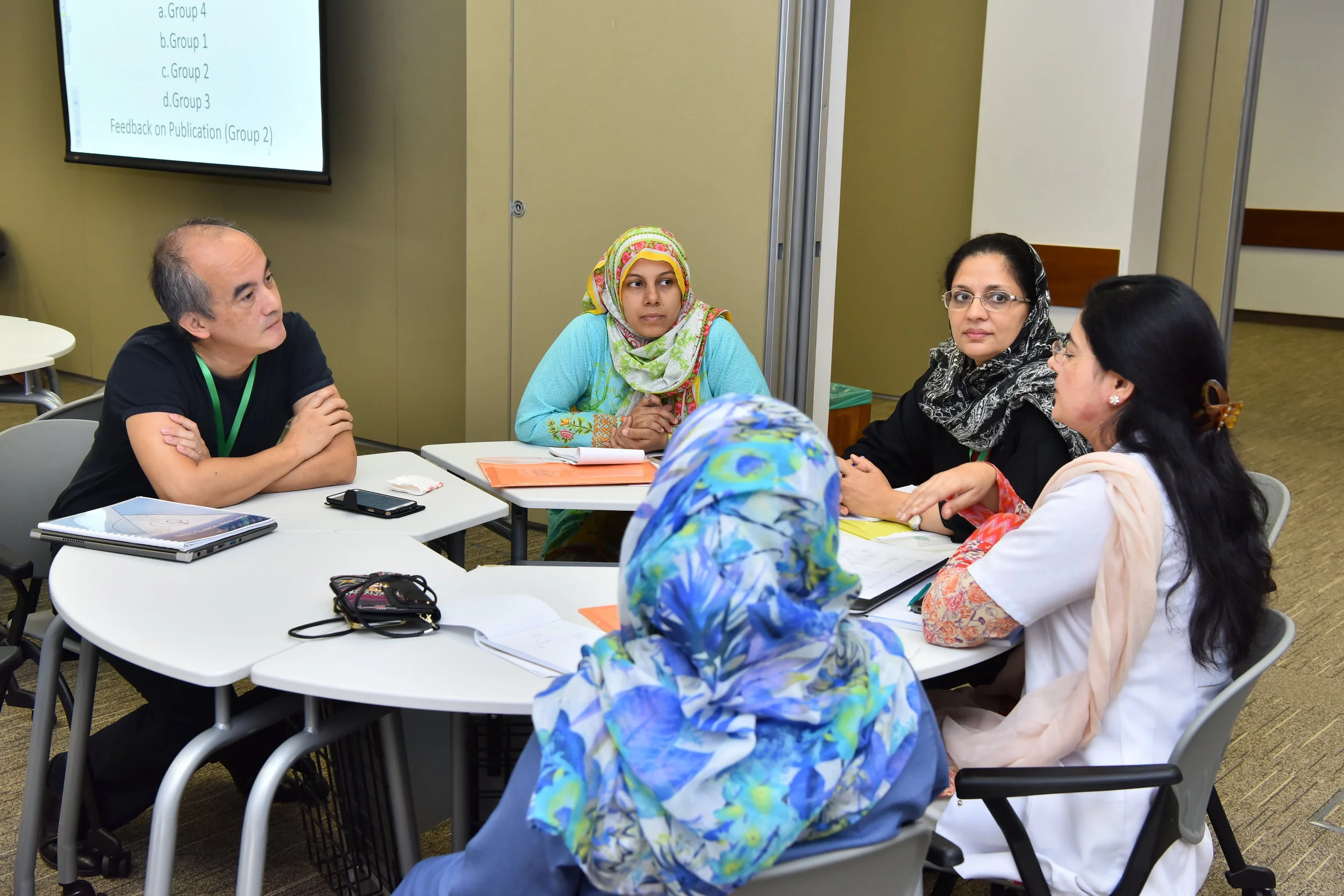Working Groups
We have established special interest working groups that are leading collaborative international initiatives in areas such as antimicrobial resistance, outcome measures and pandemic preparedness.
Outcome Measures
Clinical research is only as impactful as the measures used to understand its consequences. Mortality at an early landmark time point (usually 28 or 30 days) has been the most common outcome used in acute care trials. However it is apparent that mortality is insensitive, and non-informative for the vast majority of patients who survive their ICU stays, and that the assumptions that guide its use are poorly understood.
Mapping Critical Care Research
InFACT seeks to characterize global capacity for acute care, and to create an electronically linked network of loci that can provide such care. Such a network will support collaboration in three vital areas: public health and sentinel surveillance, clinical research, and education.
AnTIMicrobial resistance
InFACT studies in antimicrobial resistance focus on an important international threat to acutely ill patients. They also provide a unique opportunity to build research capacity in emerging groups in low and middle income countries outside the EU/North America/Australia axis.
Pandemic preparedness
The 2009 H1N1influenza pandemic confronted critical care researchers with a challenge: how to mobilize a research response to a rapidly emerging and incompletely understood international threat, and how to communicate the data emerging from any studies to decision-makers who were charged with leading a global clinical response. This challenge framed InFACT’s initial forays into international research collaboration
Education and mentoring
One of the most important priorities for InFACT is to build research capacity outside of North America and Europe, and to empower groups in Central and South America, Africa, and Asia to assume their legitimate leadership roles in framing an international research agenda for the best care of critically ill patients.
STRATIFICATION and Staging
InFACT has been promoting a collaboration amongst trialists, as well as amongst investigators with an interest in large scale “omics” technologies and those with expertise in the aggregation and interpretation of large data sets with a view to rethinking how we classify acutely ill patients to better match biologic derangements to available treatments.






